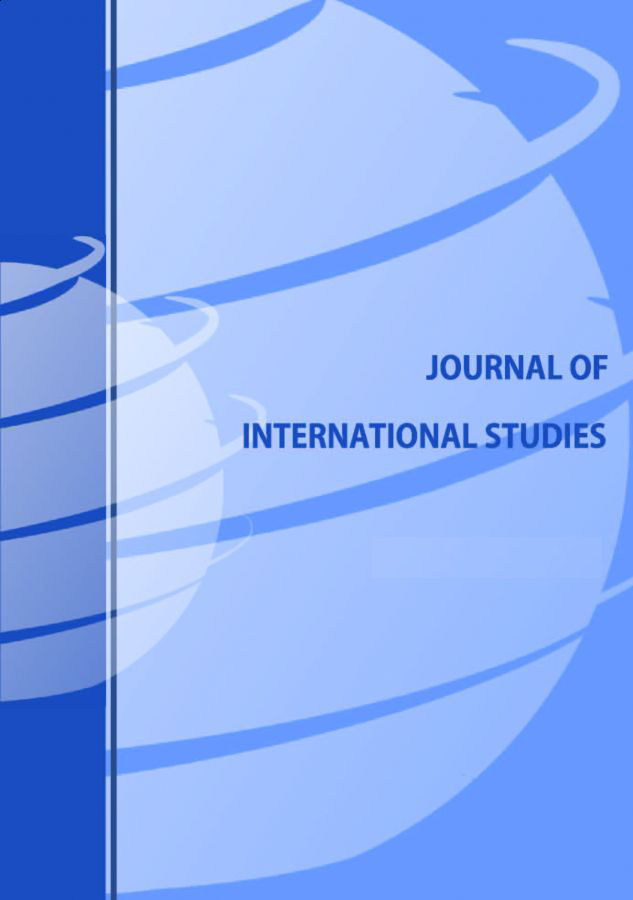PUBLIC DEBT AND PRIVATE CONSUMPTION IN ASIA PACIFIC COUNTRIES: IS THERE EVIDENCE FOR RICARDIAN EQUIVALENCE?
PUBLIC DEBT AND PRIVATE CONSUMPTION IN ASIA PACIFIC COUNTRIES: IS THERE EVIDENCE FOR RICARDIAN EQUIVALENCE?
Author(s): Suhal Kusairi, Vinus Maulina, Farah MargarethaSubject(s): Economy, Geography, Regional studies, National Economy, Transformation Period (1990 - 2010), Present Times (2010 - today), Public Finances, Fiscal Politics / Budgeting
Published by: Fundacja Centrum Badań Socjologicznych
Keywords: Public Debt; Private Consumption; Ricardian Equivalence;
Summary/Abstract: The study analyses the effect of public debt on private consumption. It indirectly tests whether a Ricardian equivalence proposition exists in differentiated financial development for the yearly data of 18 Asia Pacific countries from 1990 to 2017 using dynamic heterogeneous panel data analysis. The results allow concluding that public debt and private consumption have a long-term co-integrated relationship, and in the general approach, Ricardian equivalence does exist in both long and short term. This implies that an increase in public debt does not increase private consumption because consumers expect governments to raise taxes to service debt such as principal and interest payments. But under the traditional approach Ricardian equivalence does not exist, thus, public debt does affect private consumption. In addition, income, capital accumulation, government expenditure, real interest rate and inflation have a positive effect on private consumption. The key implication of these results is that financial development does not provide evidence for the existence of Ricardian equivalence as it does not have a different effect for different countries.
Journal: Journal of International Studies
- Issue Year: 12/2019
- Issue No: 1
- Page Range: 50-64
- Page Count: 15
- Language: English

